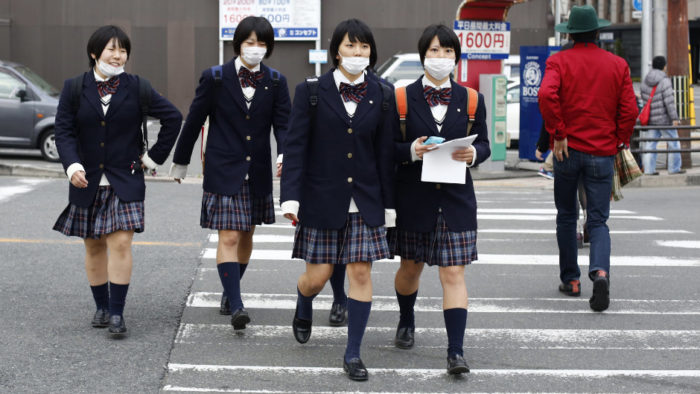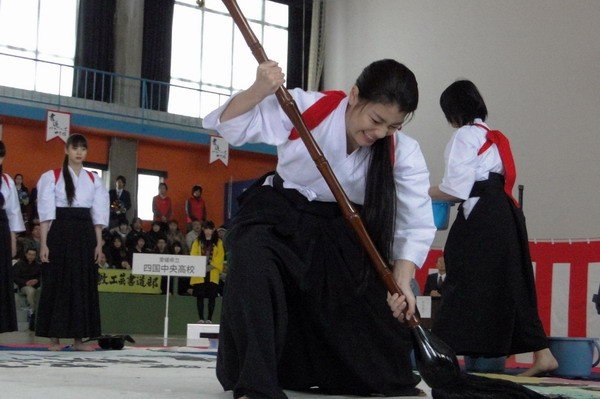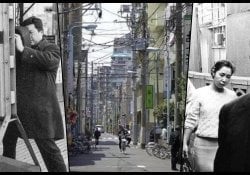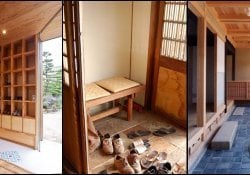Through education, Japan managed to reach levels of excellence in several areas, being today considered a model for other nations. But, as you know, nothing happens by chance. So, the question is: what is the secret behind this success? And what can you learn from Japanese culture? Below, we not only separate a list of curious facts about the country, but also explain what results it has generated over the decades and with high levels of education.
Want to learn English, Spanish or chemistry? THE Preply is a platform that every day conquers more teachers and students from all over the world. access https://preply.com/pt/skype/professores--matematica.
Índice de Conteúdo
how to form citizens
Among the many peculiarities of Japanese culture, no other point is more evident than the broad focus on behavioral education. From a very early age, children are encouraged to master the codes of social behavior, so much so that until around ten years of age the student does not go to school to learn anything other than to live in society. In other words, the school's priority in the early stages is to teach small values such as generosity, respect, honesty, self-control and responsibility. As for the application of proof and knowledge tests, that can wait. The most important thing is to ensure that the teachings are internalized and accompany students throughout their lives, helping them both in their professional and academic lives, as well as personally. Having invested in training citizens who are aware of their role in society, the country is able to grow faster and keep its economy stable, standing out internationally.
How to get your hands dirty
In Brazil, the popular expression “to get your hands dirty” means to start some work and that is exactly what Japanese students do at the end of classes. Since in schools there are no cleaning professionals in charge of cleaning up the accumulated dirt of the day, students organize themselves into groups and clean on their own from their own rooms, to common access areas such as bathrooms, corridors, stairs and patios. With this, they develop teamwork skills and take better care of the environment where they live, avoiding getting dirty and generating waste, in addition to taking home new habits, becoming less dependent on their parents and giving more value to the collective.
How to unite a country through tradition
It is only possible to plan a future by knowing your own roots. Following this line of reasoning, it is not surprising that Japanese schools have classes in Japanese poetry and calligraphy. O shodô is an art developed hundreds of years ago in Japan, which essentially involves painting symbols on rice paper using a bamboo brush as a writing instrument. Together with the tutor, the student learns the history of his country and the reasons for the need to protect centuries-old traditions as part of the conservation of a people's own identity.







